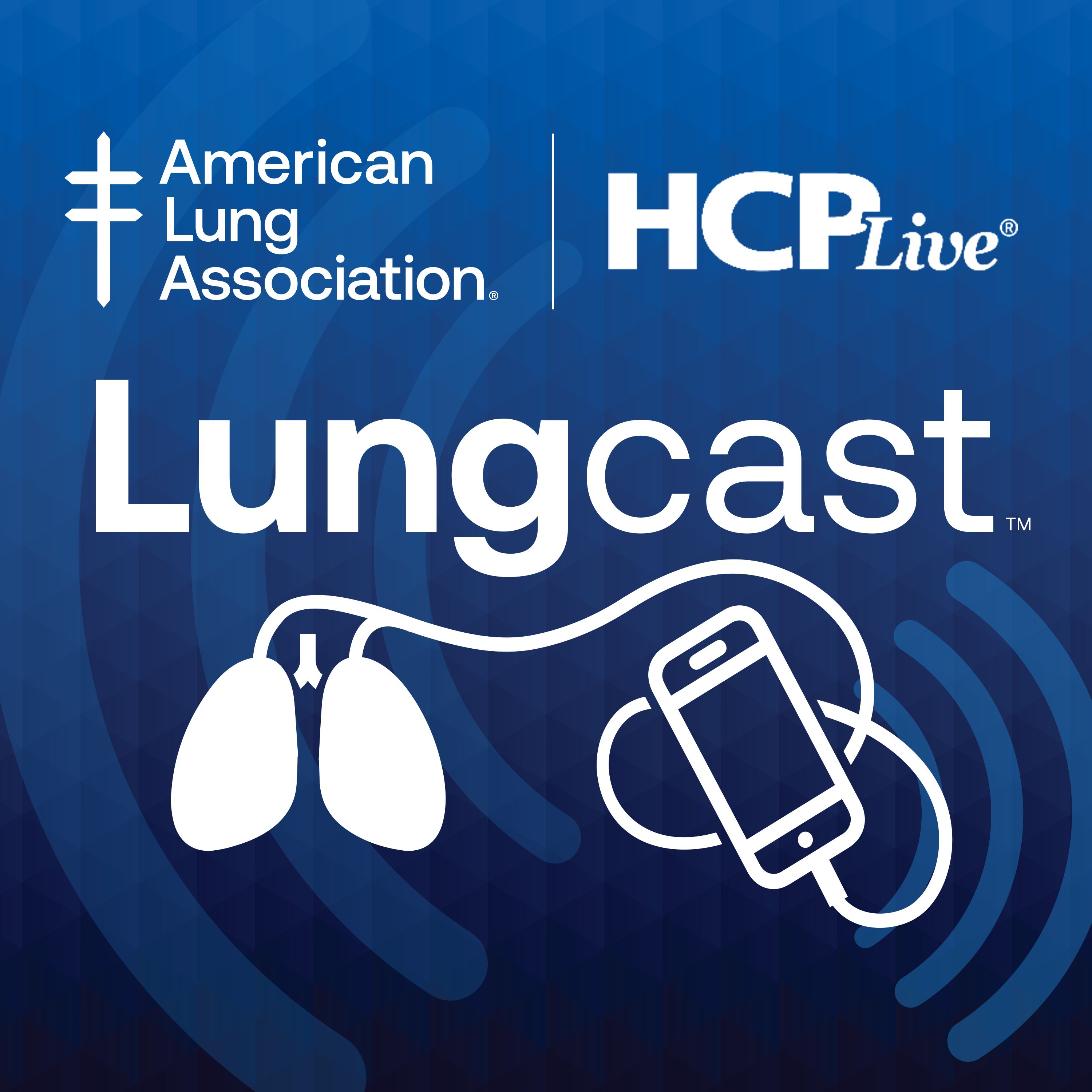Article
Sleep Problem Linked to ADHD in Children
A new study suggests "the presence of an intrinsic sleep problem specific to attention-deficit/hyperactivity disorder (ADHD) and supports the idea that children with ADHD may be chronically sleep deprived and have abnormal REM sleep."
A new study in the March issue of the journal Sleep suggests "the presence of an intrinsic sleep problem specific to attention-deficit/hyperactivity disorder (ADHD) and supports the idea that children with ADHD may be chronically sleep deprived and have abnormal REM sleep."
Researchers found that children with ADHD, compared to children without the disorder, slept an average of 33 minutes less a night. As a result of this, children with ADHD also had 16 minutes less of REM sleep than their counterparts.
Reut Gruber, PhD, director of the Attention, Behaviour and Sleep Lab at the Douglas Mental Health University Institute and lead author of the study, believed the results were encouraging. "I do not believe that sleep per se is the cause of ADHD, but it may make the symptoms worse in children with sleep problems. There are reports in the literature in which treating sleep problems led to improvement in ADHD symptoms but I suspect that these results were seen in children with sleep apnea. More research needs to be done in order to determine if sleep affects ADHD children with no primary sleep disorder," said Gruber.
The authors of the study also suggest that children with ADHD suffer from "an intrinsic sleep problem that could be related to the underlying pathophysiology of the disorder," and that there should be further investigation regarding the effects of sleep duration on neuropsychological functioning in children with ADHD.
Related News
ADD/ADHD Pills Can't Teach Difference in Reading for Content Versus Pleasure





